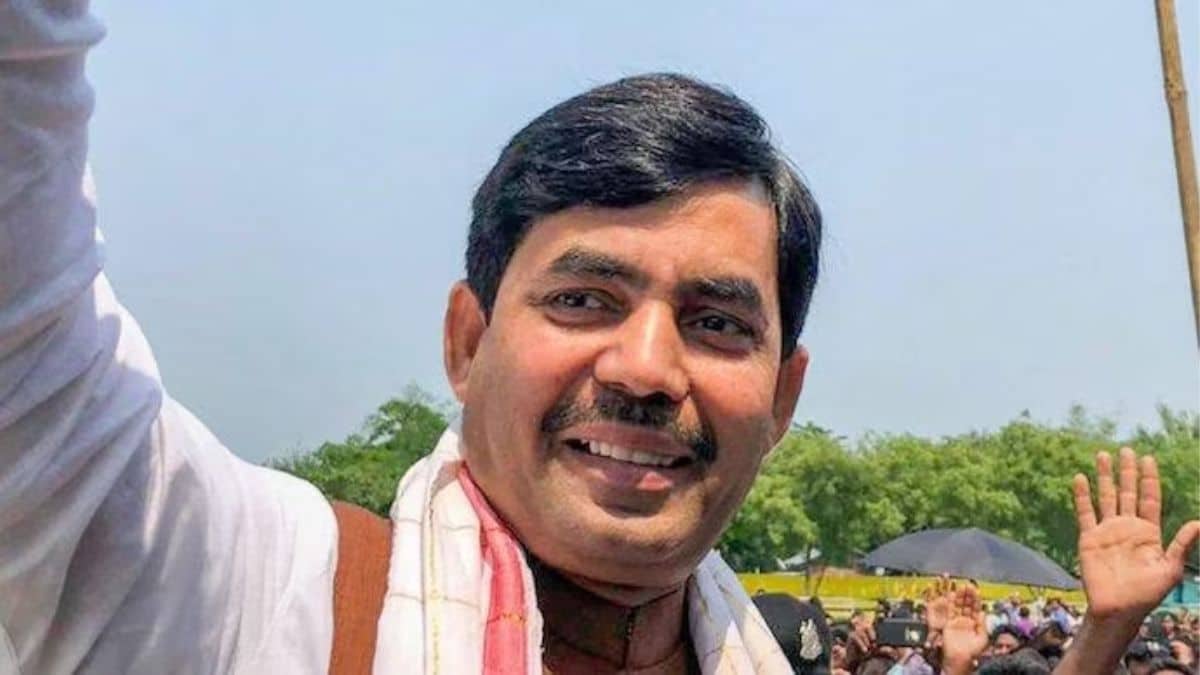The Delhi High Court has affirmed the police’s cancellation report in the rape case against BJP leader Shahnawaz Hussain, concluding that there was insufficient evidence to support the allegations. The decision brings closure to a high-profile case that has been closely followed since its inception.
The case began in 2018 when the complainant filed a detailed complaint alleging rape and other offences against Hussain. Following the complaint, a Metropolitan Magistrate Court ordered the registration of the case, and a protest petition was later allowed by the Additional Chief Metropolitan Magistrate (ACMM). This led to Hussain being summoned to face trial. However, the sessions court subsequently overturned this decision, and the complainant’s challenge to this ruling was reviewed by the Delhi High Court.
The High Court’s review noted that the evidence collected by the Investigating Officer (I.O.) indicated that the complainant and Hussain had neither met nor were at the same location on the alleged date of the incident. The court reinforced the principle of “innocent until proven guilty” and emphasized that the standard of “establishing guilt beyond a reasonable doubt” must be met. The court’s decision underscored the balance between protecting the innocent and prosecuting the guilty.
Public reaction to the case has been polarized. While some expressed support for the complainant, believing that high-profile figures should be held accountable regardless of their political status, others viewed the case as an example of how allegations against ruling party members can be downplayed or inadequately addressed. There is often criticism that such cases receive less media scrutiny and judicial urgency when involving individuals from the ruling party, reflecting concerns about potential biases and the influence of political power on legal proceedings.
This perception of underplaying serious allegations against those in power has sparked debates about fairness and transparency in the legal system. The Shahnawaz Hussain case, like others involving prominent figures, has highlighted the challenges in ensuring that justice is administered impartially and without undue influence. The final ruling, while closing the case, continues to contribute to discussions on the intersection of politics and legal accountability in India.

